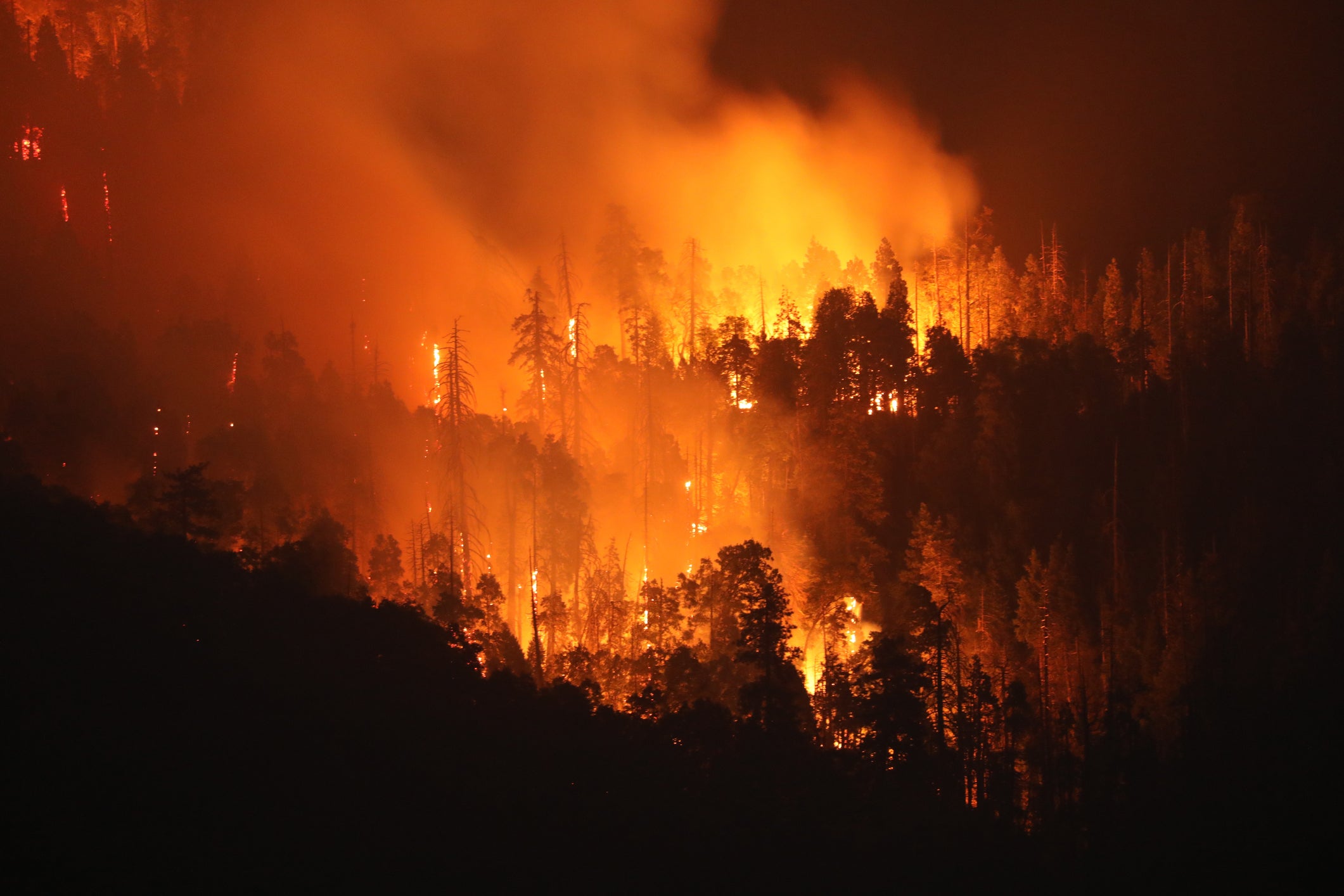
The state of California on the west coast of the US has brought forward a lawsuit against several major oil companies, accusing them of downplaying the risks associated with the use of fossil fuels.
BP, Chevron, ConocoPhillips, ExxonMobil and Shell are all targeted in the 135-page complaint, which accuses them of causing tens of billions of dollars in damages and deceiving the public about the impacts of burning fossil fuels on the climate.

Discover B2B Marketing That Performs
Combine business intelligence and editorial excellence to reach engaged professionals across 36 leading media platforms.
The American Petroleum Institute (API), an industry trade group, is also listed as a defendant in the case filed in the Superior Court in San Francisco.
According to Gavin Newsom, Governor of California: “For more than 50 years, Big Oil has been lying to us – covering up the fact that they’ve long known how dangerous the fossil fuels they produce are for our planet.
“California taxpayers shouldn’t have to foot the bill for billions of dollars in damages – wildfires wiping out entire communities, toxic smoke clogging our air, deadly heatwaves, record-breaking droughts parching our wells,” he added in a statement.
According to the case filing, oil majors “intentionally suppressed” information about the dangers of fossil fuels to protect their own profits, having privately known the truth for decades.

US Tariffs are shifting - will you react or anticipate?
Don’t let policy changes catch you off guard. Stay proactive with real-time data and expert analysis.
By GlobalDataCalifornia is seeking the creation of an abatement fund to pay for the future damages caused by climate change effects in the state. The lawsuit states that given their role in the exacerbation of the crisis, oil majors should be the ones to fund repairs.
California has seen growing numbers of wildfires across the state caused by extreme heat and dry conditions. In 2020 and 2021, record-breaking wildfires swept the state, with 2021’s blazes affecting 7.7 million acres of forest.
A peer-reviewed study by the Union of Concerned Scientists found that “37% of the total area scorched by forest fires in the western United States and southwestern Canada since 1986 can be attributed to heat-trapping emissions traced to the world’s 88 largest fossil fuel producers and cement manufacturers”.
The action follows the introduction of a new law last week, the Climate Corporate Data Accountability Act, which will require Californian companies with more than $1bn in annual revenue to begin reporting scope 3 emissions in 2027.
Climate action in the courtroom
The API said in a statement that climate policy should be debated in Congress by parliament and not in the courtroom. Shell also argued that the courtroom was not the correct venue for climate debates.
“This ongoing, coordinated campaign to wage meritless, politicised lawsuits against a foundational American industry and its workers is nothing more than a distraction from important national conversations and an enormous waste of California taxpayer resources,” API senior vice-president Ryan Meyers said in a statement.
“California has long been a leading promoter of oil and gas development. Its local courts have no constructive or constitutionally permissible role in crafting global energy policy,” Chevron told the Financial Times.
The Californian lawsuit joins a growing list of US class actions by states and municipalities against the oil and gas industry. More than 40 instances of litigation have used consumer protection, racketeering, product liability and other laws to seek damages to pay for climate-related costs.
Last month, a judge in the US state of Montana ruled in favour of a group of young people who sought to establish their right to a “clean and healthful environment”. The landmark legal decision means that the state can be held accountable for worsening the effects of the climate crisis on its young residents.





